
Brotherly Love
If we all have the same Father in Heaven, then we're all brothers and sisters!

A tithe shall you tithe” (Deuteronomy/Devarim 14:22)
There were once two friends who loved one another very much, and were committed to one to another with heart and soul. Some wicked people framed one of the men for a heinous crime, and he was tried and sentenced to death. His trusted friend did all he could to rescue him from the terrible sentence, but his efforts were in vain.
When the man was standing on the gallows, his friend was unable to hold himself back, and he ran to the gallows and cried to the hangman: “Stop! Do not kill an innocent man, and do not spill blood that is clean from sin! I am the guilty party! Please bring me up to the gallows instead!” However, the one who was to be executed answered: “Don’t believe him! He only wants to save me! I am truly the guilty party!”
Everyone was shocked by this scene, and the hangman decided not to hang either of the men, but rather to see what the King had to say about such an occurrence. The King was impressed by this story, and he commanded that these the friends be brought before him, and they told him the entire truth. Their words touched the depths of the King’s heart, and he told them: “Because I see that your love for one another is so genuine, I wish to be friends with the two of you, as well. Please accept me as a third member in this friendship, and I will nullify the decree of execution.”
Based on this story, the Holy Rebbe Yisroel Ruzhiner, zt”l, explained the verse “And you shall love your fellow like yourself, I am Hashem” (Leviticus/Vayikra 19:18), that if someone loves their friend literally just like one loves himself, then Hashem says that He, too, so to speak, seeks to join this friendship, and thus every evil decree is cancelled.
Based on this fundamental concept, the Holy Arizal established that one should accept upon oneself the mitzvah of “love your fellow as yourself” before beginning to pray to the Al-mighty.
The following parable is offered on this concept:
There were once two brothers, Reuven and Shimon. Hashem graciously blessed Reuven with tremendous wealth, but being wealthy, he was also excessively stingy. Shimon, on the other hand, was given the test of poverty. When Shimon’s daughters became of marital age, they had insufficient money for their wedding expenses, so Shimon realized that he had no choice but to ask his wealthy brother for help.
Shimon knocked on the door of his brother’s home. When Reuven heard from his butler that his brother wanted to see with him, he understood that his brother was seeking a handout, so he instructed his butler to say that his master does not know anyone by the name of Shimon. Shimon left embarrassed. On the way home, he stopped at his father’s house and told him what had occurred. His father decided to wait until later to address the issue.
Time passed and Reuven went to visit his father. Instead of his usually warm greeting, his father coldly asked, “Who are you? I do not recognize you.” The wealthy son was shocked and asked, “Father, do you truly not recognize that I am your son, Reuven?” But his father insisted that he did not recognize him at all, and Reuven fell to his knees and cried. He asked why he had been estranged for seemingly no reason. The father answered, “I have a son named Shimon, and if you say he is not your brother, that means I am not your father.”
The moral of the story is obvious. When a person comes to daven before his Father in Heaven, and says “return us, our Father, to Your Torah” or “Merciful Father, hear our voice” and other similar prayers and requests, he must first recognize the beloved children of Hashem. Therefore only after one accepts the mitzvah of “love your fellow like yourself” does one have the sufficient merit to approach Hashem in prayer.
Along these lines, a story is told of the holy Rebbe Naftali Tzvi of Ropshitz, zt”l. He said that when he was a small child, he was learning the Siddur with a pious teacher. When he saw Hashem’s Name, which was represented by two letters Yud together instead of the full Tetragrammaton, the teacher explained that two Yudden standing together is the Name of Hashem.
When the child reached the end of the verse, where a colon was present (two dots one atop the other), he thought they were two Yudden, and he loudly recited Hashem’s Name. The teacher explained that this was not Hashem’s Name, but it represented the end of the verse. The child asked: “Why is it that when two Yudden are in the middle of a verse, they are Hashem’s Name, but two dots at the end of a verse are not Hashem’s Name?”
The teacher wisely answered: “The difference is that when two Yidden, meaning two Jews, which are called ‘Yidden’ in the Yiddish language, are next to one another in peace and unity, then this creates Hashem’s Name. However, the two dots at the end of a verse are not next to one another, but on top of one another. If one is arrogant over the other, then this is not Hashem’s Name.”
The holy Ropshitzer Rebbe, zt”l, said that this is the meaning of the verse “love your fellow like yourself”—meaning if you really love your fellow like you love yourself, then you are both equals and one is not superior to the other. Then “I am Hashem” (meaning Hashem’s Name) is represented by such a friendship, because the Holy Shechinah rests between them with the attributes of Divine Mercy.
 It is possible that this is hinted to here with the mitzvah of tithing money, which is an expression of one’s love for his fellow Jew by helping someone in need. This is why it is written “a tithe shall your tithe” because the letter Yud is the gematria 10, and the mention of tithe (maaser) or 10 twice is a hint to Hashem’s Name. This hints to us that the mitzvot of tithing and tzedakah cause the Holy Shechinah and Divine Mercy to rest in our midst.
It is possible that this is hinted to here with the mitzvah of tithing money, which is an expression of one’s love for his fellow Jew by helping someone in need. This is why it is written “a tithe shall your tithe” because the letter Yud is the gematria 10, and the mention of tithe (maaser) or 10 twice is a hint to Hashem’s Name. This hints to us that the mitzvot of tithing and tzedakah cause the Holy Shechinah and Divine Mercy to rest in our midst.
Then we are worthy to the promise that Chazal learn homiletically from this verse “tithe so you shall become wealthy” (Shabbos 119a) (because the word “ten” or “tithe” is spelled the same as “wealth” only pronounced differently), because through that the mitzvot of tithing and tzedakah one will be blessed with an outpouring of wealth, both materially and spiritually.



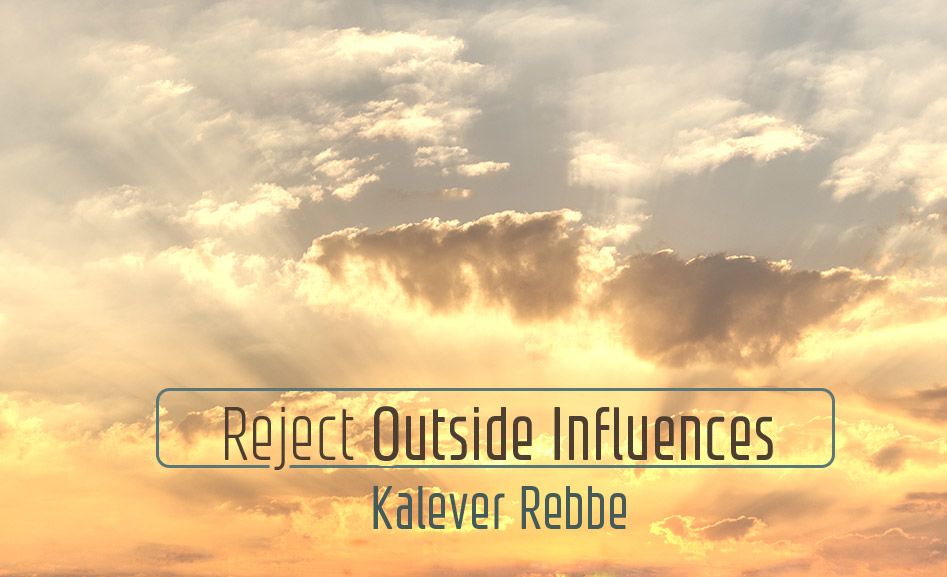
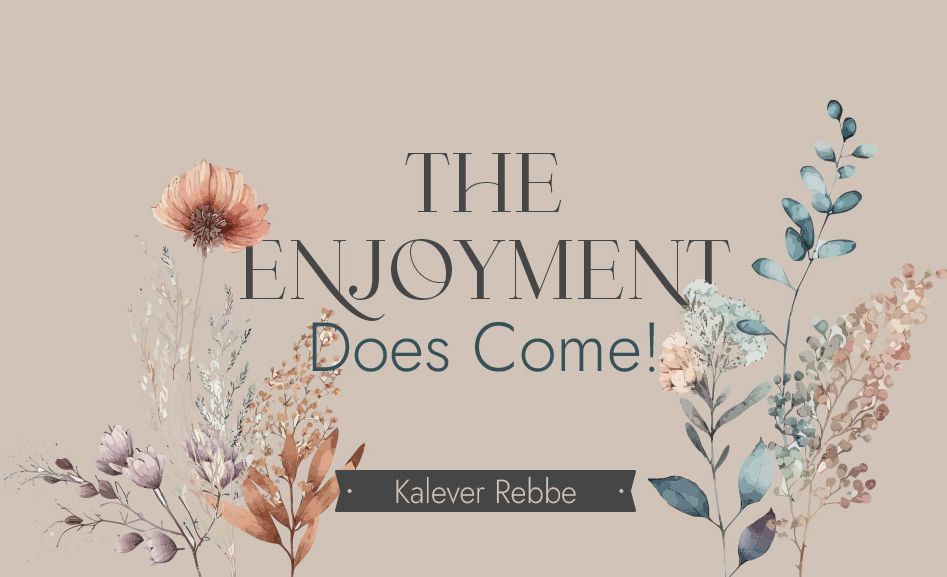

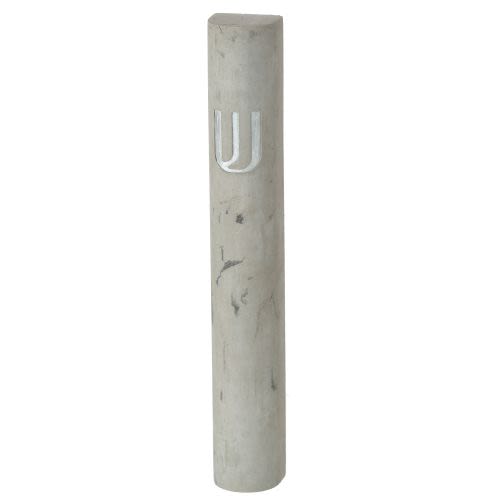
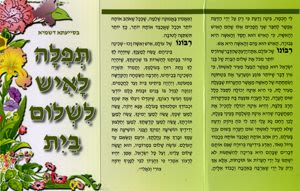
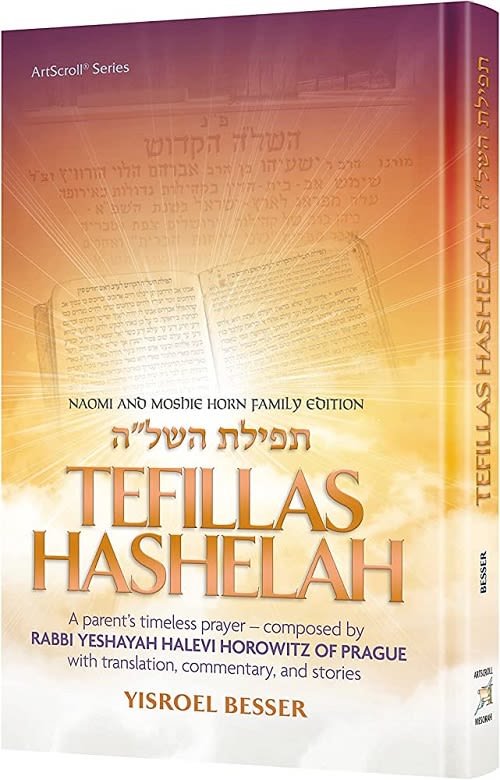


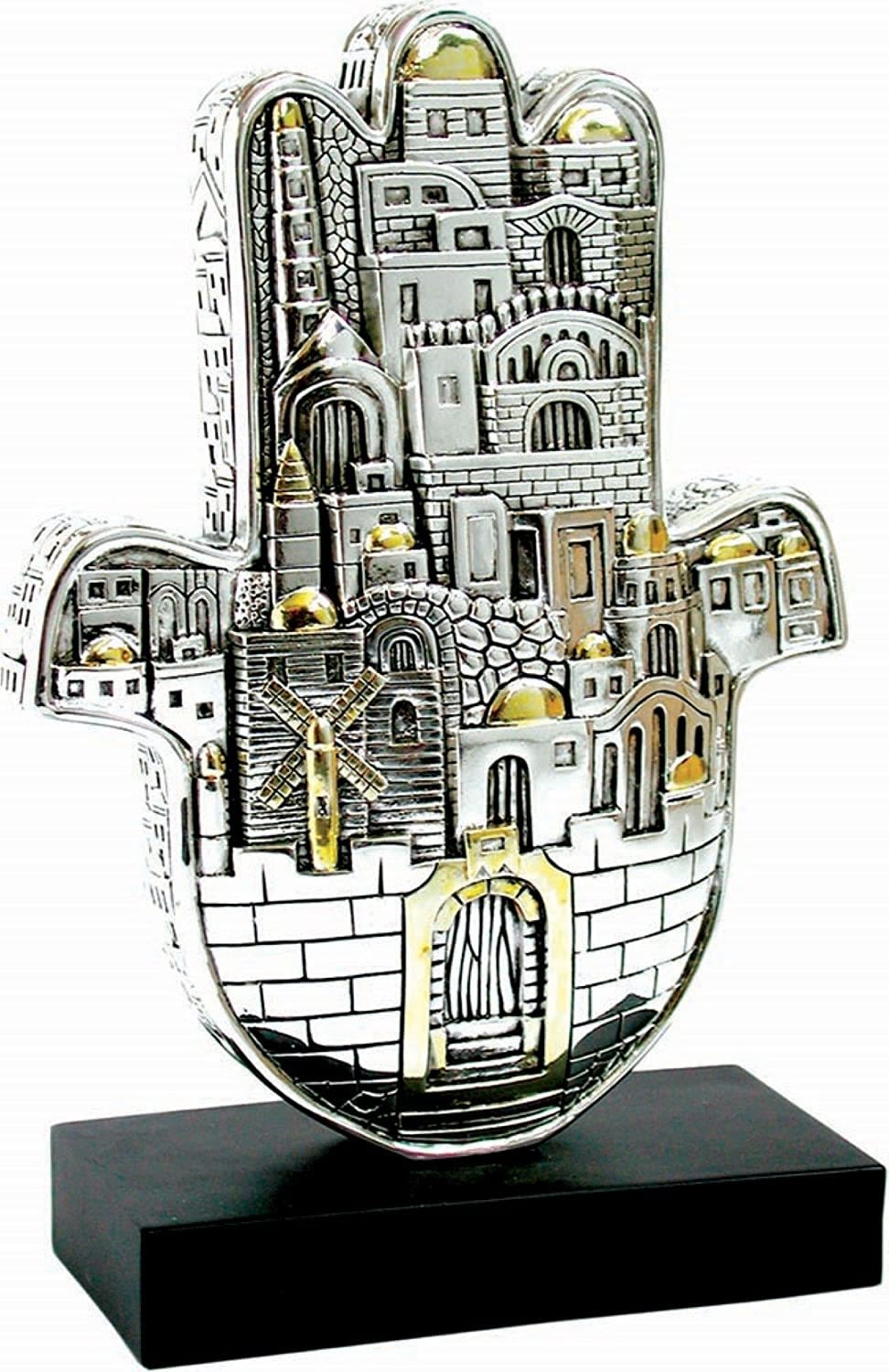
Tell us what you think!
Thank you for your comment!
It will be published after approval by the Editor.